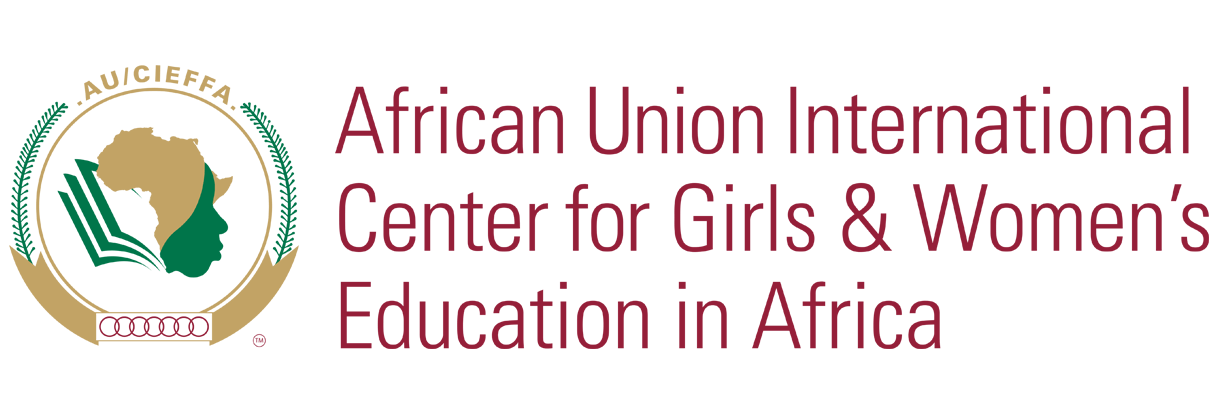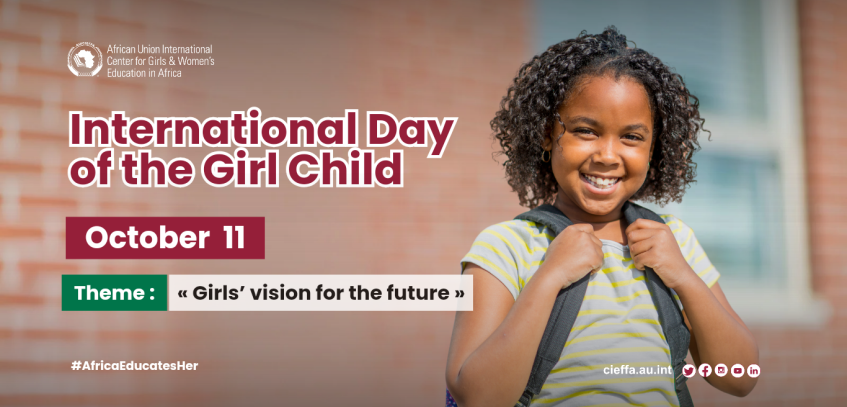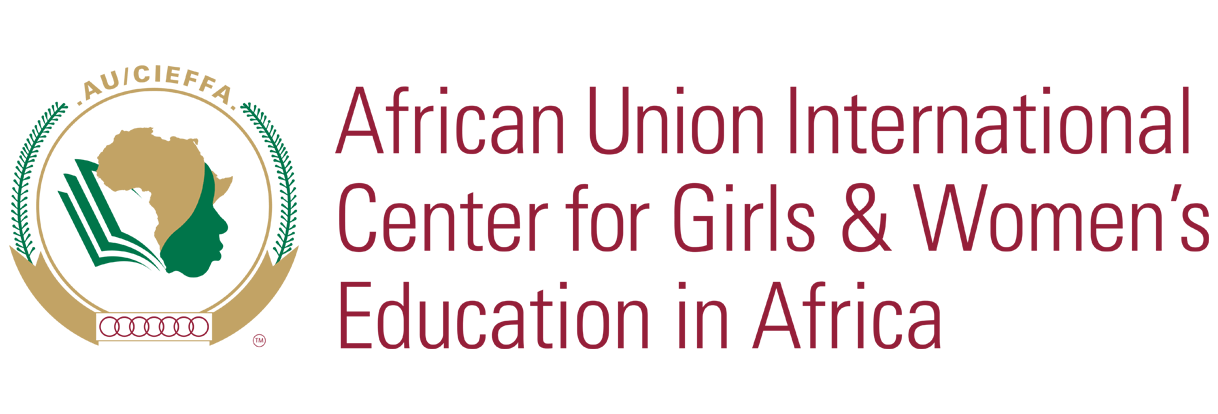Lorato Modongo
Hachim Boubakari
Girls and women make up more than 50% of Africa’s population and therefore must be meaningfully and intentionally included in the development agenda. As a global intention to recognize and support girls’ rights, on December 19th, 2011, The United Nations General Assembly adopted Resolution 66/170 to declare October 11 as the International Day of the Girl Child.
This year, the day is held under the theme ‘Girls’ vision for the future’. This theme speaks to the urgent action and efforts needed to advance girls’ livelihoods while centering the voice of those girls in creating solutions for their livelihoods. Centering girls’ voices ensure the carrying of their bold hopes, visions, ambitions, and desires.
The African Union and more specifically its technical office, the African Union CIEFFA recognises the value of improving girls’ livelihoods, which is reflected in its mandate to champion girls’ education. Education is a targeted strategic tool to advance the lives of girls and consequently women and is part of the realization of their basic rights. This recognition is further reflected in key African Union policy documents including Agenda 2063, the Protocol to the African Charter on Human and Peoples' Rights on the Rights of Women in Africa, better known as the Maputo Protocol, and the African Charter on the Rights and Welfare of the Child. Globally, this is reflected in the Universal Declaration of Human Rights, the Convention on the Rights of the Child and The Beijing Declaration.
African countries have made steady progress in closing gender gaps in access to education with Sub-Saharan Africa reporting a higher proportion of adolescent girls at the primary level in schools than ever before. However, the percentage of those who complete secondary education is still dismally low at 42%. This reflects the status of the world in terms of barriers affecting girls. These barriers include early and forced child marriages, early and unintended pregnancies, economic inequalities, forced displacements, climate change crises, conflict, and other humanitarian contexts as well as migration amongst others.
It is therefore imperative to create access to equitable opportunities for girls in order for them to become women who will meaningfully participate in the political, economic, and social development and growth of their respective communities and continent.
To expand the conversation on girls’ education, the African Union CIEFFA hosted the first-ever Pan African Conference on Girls Education with over 800 participants from key stakeholders. The conference was hosted in Addis Ababa from July 02 – 05, 2024 under the theme ‘Prioritizing Girls and Women’s Education: A Strategy for increased access to inclusive, lifelong, quality, and relevant learning in Africa’. This was in alignment with AU Theme of Year 2024 titled “Educate an African fit for the 21st Century - Building resilient education systems for increased access to inclusive, lifelong, quality, and relevant learning in Africa”.
These participants included ministers responsible for education, gender/women’s affairs, child protection and social development, policymakers, diplomatic cohorts, development partners, AU departments and organs, UN Agencies, experts, donors and philanthropy, youth-led organisation, Traditional and religious leaders, civil society organisations and adolescent girls themselves.
One of the key recommendations made from the various dialogues was to strengthen advocacy strategies to increase the enrolment of girls in schools, as well as bold confrontation of socio-cultural practices and policies that impede girls’ access to education. There was also a call to make schools a safe environment for learning for girls, and provision of WASH facilities.
Happy International Day of the Girl! Let’s collectively make girls' vision for the future a reality!










